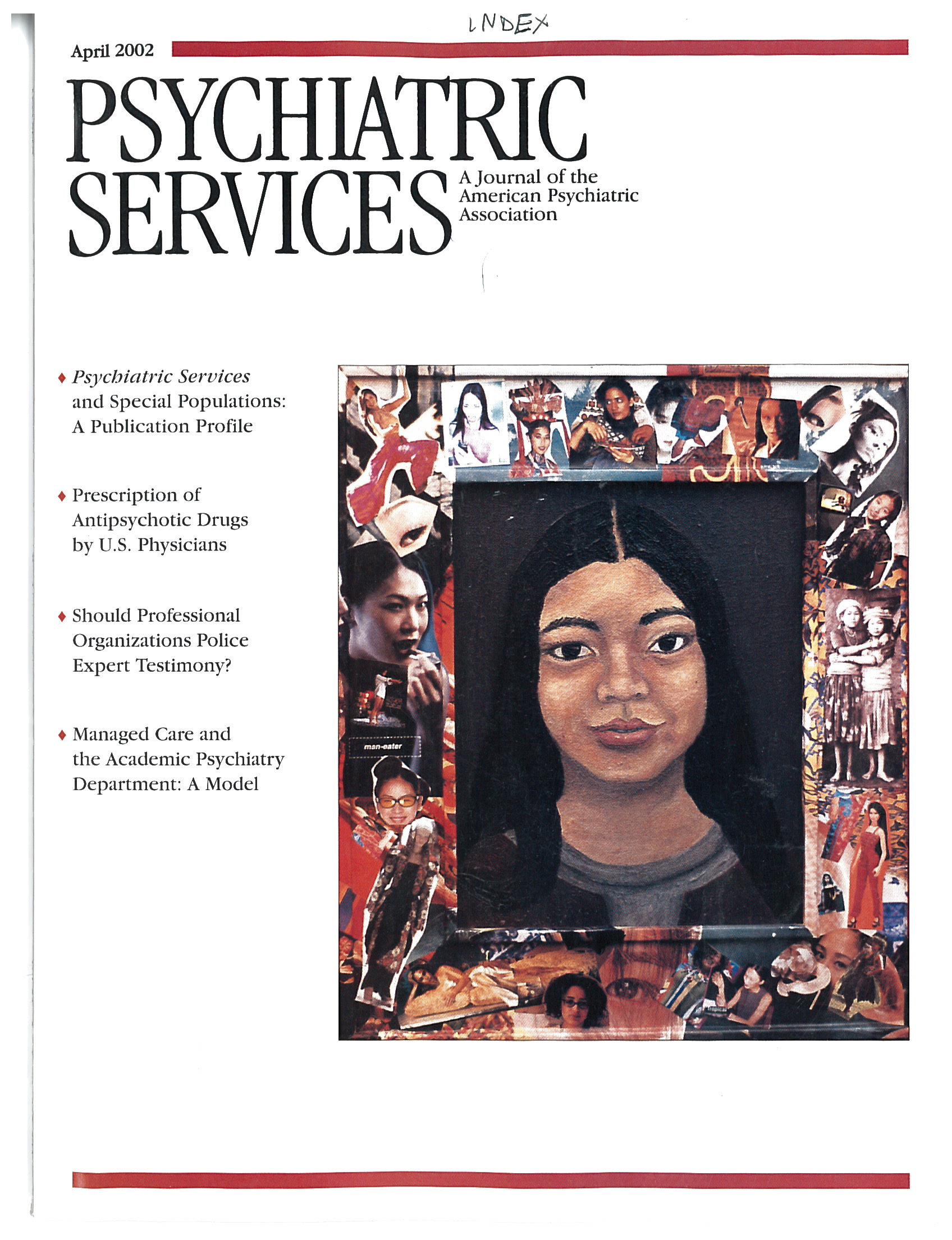Psychotherapeutic Interventions for Adults With Brain Injury or Stroke: A Clinician's Treatment Resource
Patients who have survived acquired brain injury or stroke but are struggling with functional impairments constitute a large and growing population. Each year some 80,000 Americans suffer traumatic brain injury resulting in substantial functional loss; 590,000 Americans a year survive a stroke, and about 10 percent of them have another stroke within a year. These patients and their families have high levels of emotional, psychological, and psychiatric morbidity, but they and their problems are dispersed throughout the health care network. As a patient population, they are virtually invisible to mental health clinicians. If they are seen, frequently the clinical connection between the brain impairment and the functional problems is missed.
Psychotherapeutic Interventions for Adults With Brain Injury or Stroke presents the expertise of clinical psychologists who are well versed in the use of psychodynamic psychotherapy to connect the brain impairment with the psychological and cognitive sequelae for these patients. Among the book's highlights are chapters discussing history, ethics, awareness and denial, transference and countertransference, rationalization, family responses, and substance abuse. Each chapter is self-contained and could be read independently. Because the editors selected a broad range of psychodynamic topics that are presented briefly, some chapters cover topics that could fill an entire volume themselves. For interested readers, a bonus is the variety of citations to earlier, original, and seminal psychological writings.
The topics covered are stimulating and thought provoking, but the text demands familiarity with the vocabulary and theory of psychodynamics. The discussions are at an advanced level, so this book would not be an appropriate introductory text for clinicians who do not have a strong theoretical and practical knowledge of psychodynamic psychotherapy, brain rehabilitation programming, neurocognitive functions, and neuropsychological issues. This is not a resource for nonpsychotherapist physicians, social workers, or nurses aiming to comprehend the psychotherapy process with brain-injured patients, nor is it an adequate resource for clinical psychotherapists looking to expand into treating persons who have brain injuries. Contributor Laurence Miller's own psychotherapy text is a better introduction for these audiences (1).
Contributors present overviews of the very important issues of financial compensation, insurance and managed care, litigation, roles on multidisciplinary treatment teams, physical deficits, and integrating psychotropic medications into treatment. Much more depth in pragmatic guidance, psychological issues, and group process issues associated with these topics would need to be explored for this book to be a truly comprehensive treatment resource for clinicians.
Who is the appropriate audience for Psychotherapeutic Interventions for Adults With Brain Injury or Stroke? Experienced psychotherapists or psychiatrists already toiling in the field who are looking for a resource to bring them back to their roots would find this book an enjoyable, stimulating, and interesting antidote for burnout. Clinicians searching for a useful reflection on the meaning of their work with this fascinating patient population will find it in this volume.
Dr. Chatham-Showalter is a consulting psychiatrist and Dr. Schall is director of the psychology service at the Good Shepherd Rehabilitation Hospital in Allentown, Pennsylvania.
1. Miller L: Psychotherapy of the Brain-Injured Patient: Reclaiming the Shattered Self. New York, Norton, 1993Google Scholar



